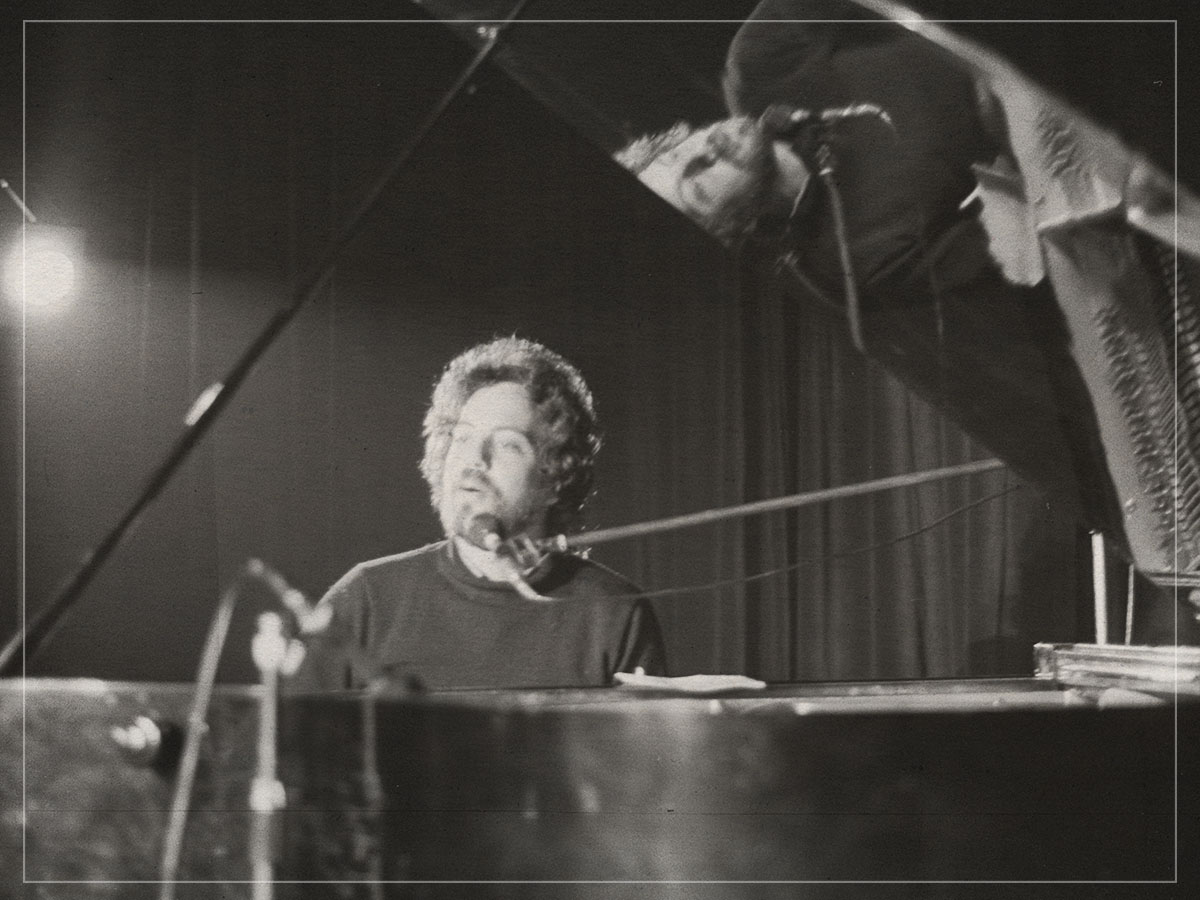Billy Joel, a name synonymous with rock and roll, harbored a deep appreciation for classical music. While he conquered the pop charts with hits like ‘Piano Man’ and ‘Uptown Girl,’ Joel always acknowledged the towering figures of musical history. Among them, one composer stood out: Ludwig van Beethoven. Joel didn’t just admire Beethoven; he considered him ‘the greatest composer who ever lived.’ This article explores how Beethoven’s humanity and compositional genius profoundly influenced Billy Joel’s songwriting.
From his early days playing in clubs, Joel recognized the immense talent required to create truly timeless melodies. He saw in Beethoven a raw, emotional depth that resonated with his own artistic sensibilities. This influence is subtly woven into Joel’s music, from chord progressions to the narrative arc of his songs. We’ll delve into specific examples, revealing how Joel paid homage to his classical hero while forging his unique sound.
This article will examine Joel’s self-deprecating persona, his workman-like approach to songwriting, and the surprising classical underpinnings of his biggest hits. We will explore the specific qualities of Beethoven’s music that resonated with Joel, and ultimately how this appreciation shaped Billy Joel into the iconic artist he became.
The Making of a Rock Star with Classical Roots
Not every rock star sets out to create the greatest melody ever heard. Early rock and roll was about rebellion and connection. However, artists like The Beatles demonstrated that rock could achieve the complexity and depth of classical music. Billy Joel, while mastering his craft in local clubs, recognized that few could surpass the true giants of melody.
Considering Joel’s rise to rock stardom, it’s surprising he became one of his generation’s biggest stars. He certainly knew how to work a piano, but lacking the charisma of a Paul McCartney or Elvis Presley, he seemed content behind his keyboard, downplaying his abilities.
The Appeal of the Everyman Persona
This self-deprecation, however, made him relatable. Few enjoy hearing stars boast about their greatness. Joel’s everyman persona, evident in his albums, aligned him with composers like Bruce Springsteen, adopting a workman’s approach to each song.
Consequently, Joel’s career is remarkably consistent. His hits are popular for good reason. Throughout his albums, every song possesses the substance to potentially be someone’s favorite, whether it’s the longing in ‘And So It Goes,’ the singalong quality of ‘Piano Man,’ or the jazz elements of ‘Zanzibar.’
Classical Underpinnings of Pop Hits
The quality of Joel’s songs stems from his consideration of them as classical compositions first. ‘Uptown Girl’ could easily be a piano invention, inspired by Joel’s deep dive into Bach, Mozart, and Brahms. However, of all composers, Beethoven resonated most profoundly with him.
Joel understood that Beethoven’s greatness lay in the humanity embedded in his work. ‘From early on, I felt Beethoven. I still think he is the greatest composer who ever lived. To me, he was the most human composer,’ Joel stated. ‘With Beethoven, I hear the stops and the starts and the friction and the struggles that he had when he was writing. He had to struggle. The man was deaf when he wrote most of this stuff.’
Subtle Homages to a Hero
Beyond borrowing a melody for the chorus of ‘This Night,’ Joel subtly incorporated his knowledge of classical music. He would occasionally include a chord that seemed out of place, yet he expertly guided the listener back to the main melody, mirroring Beethoven’s approach.
While anyone can create a catchy pop song, Joel aimed to take listeners on a musical journey. Drawing inspiration from The Beatles and quoting his favorite classical pieces, Joel sought to prove that music could be more than just showboating or chasing fleeting fame. For him, music was a way of life, a profound expression of the human experience.
The Workman’s Approach to Songwriting
Joel approached his music with a craftsman’s dedication, ensuring every element served a purpose. This meticulousness, combined with his classical influences, resulted in songs that were both accessible and deeply satisfying. He wasn’t just writing tunes; he was building intricate musical structures designed to resonate with listeners on multiple levels.
This is also evident in his live performances. Joel is known for his dynamic piano playing, but also for his engaging storytelling. He connects with his audience on a personal level, sharing anecdotes and insights into his creative process. This authenticity further solidifies his image as an everyman, a regular guy who just happens to be a musical genius.
A Lasting Legacy of Melody and Meaning
Billy Joel’s appreciation for Beethoven reveals a deeper understanding of music’s power. By recognizing the humanity in Beethoven’s struggles and triumphs, Joel tapped into a wellspring of emotion that fueled his own creativity. His music, infused with classical sensibilities and a blue-collar work ethic, continues to inspire and move audiences worldwide.
The key takeaways are clear: Billy Joel’s success wasn’t just about catchy tunes; it was about substance, craftsmanship, and a deep understanding of musical history. Beethoven’s influence wasn’t just a stylistic choice; it was a philosophical foundation that allowed Joel to create music that truly resonated with the human spirit.
As we listen to Billy Joel’s music, we can hear echoes of Beethoven’s passion and struggle. It’s a testament to the enduring power of music to transcend genres and generations, connecting us to the shared human experience. Joel, in honoring his hero, created a legacy that will undoubtedly inspire future generations of musicians.

Leave a Reply